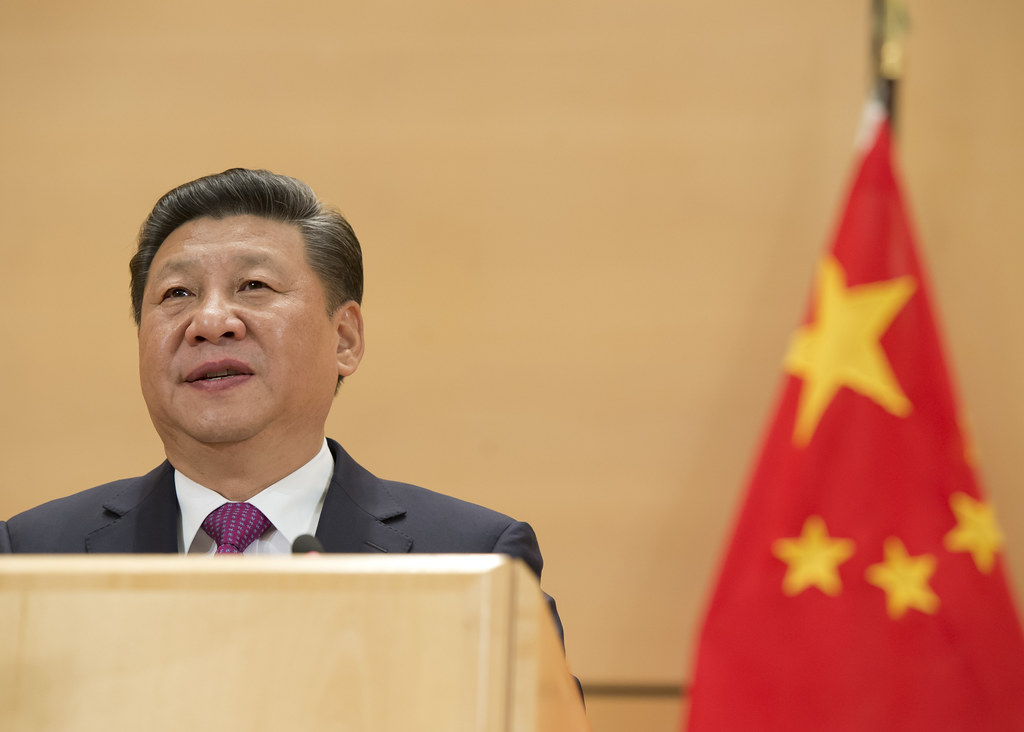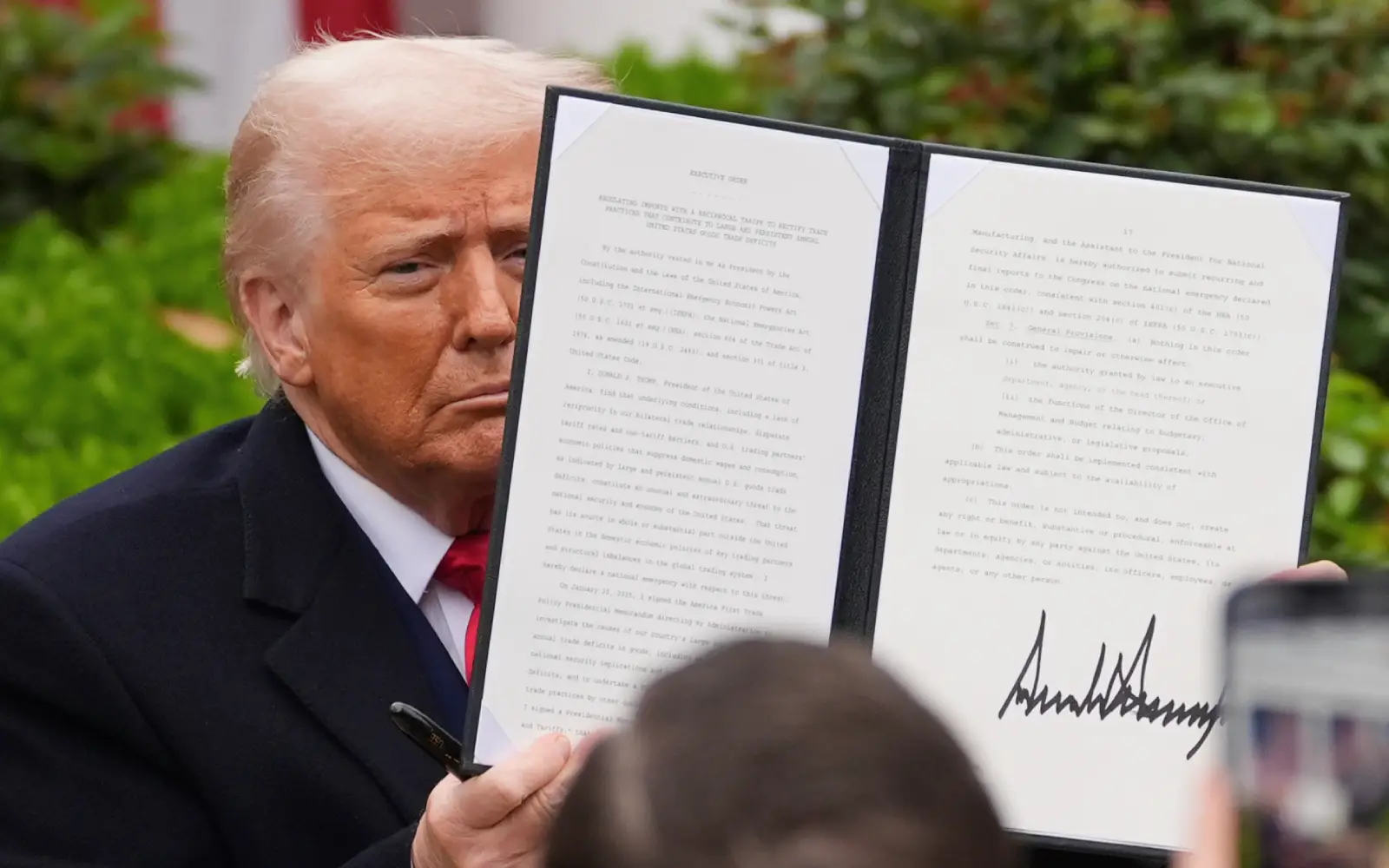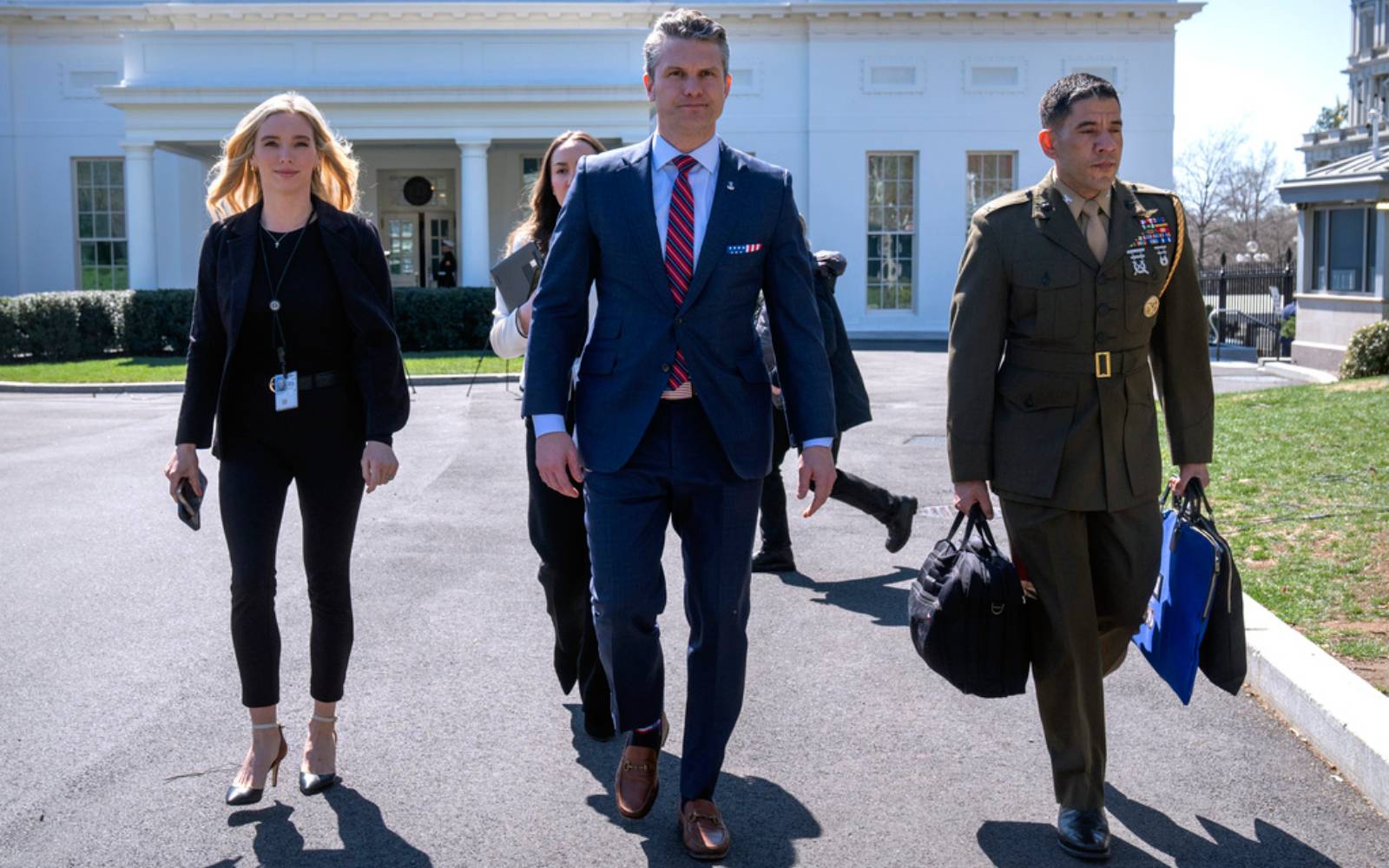A joint investigation by Der Spiegel and partner outlets has revealed that personal emails, passwords, and Signal accounts belonging to several top U.S. officials—including Defense Secretary Pete Hegseth, National Security Advisor Mike Waltz, and Director of National Intelligence Tulsi Gabbard—were publicly accessible online. Among the uncovered materials were active cellphone numbers, private email accounts, and unsecured messaging handles, some of which were still in use when journalists accessed them.
The revelations come at a time when the Trump administration is already under fire for a staggering breach of national security. Just days earlier, The Atlantic reported that White House officials had accidentally added the magazine’s editor-in-chief, Jeffrey Goldberg, to a Signal group chat in which senior Trump officials—including JD Vance, Marco Rubio, and Stephen Miller—openly discussed classified war plans for an imminent bombing campaign in Yemen. The group shared target lists, timing, weapons payloads, and strategic deliberations, all through a commercial encrypted app with disappearing messages—while apparently unaware a journalist was reading along in real time.
Now, with German journalists confirming that top U.S. national security leaders also failed to safeguard even their basic login credentials, the chaos appears systemic. This isn’t just bad luck or sloppy operations—it is the inevitable outcome of placing loyalty above competence, a defining hallmark of the Trump regime’s second term.
From the beginning of his return to office, Trump has stacked his national security apparatus with loyalists rather than experts, many of whom have no intelligence or defense experience whatsoever. Tulsi Gabbard, once a fringe figure in Congress, now heads the intelligence community. Pete Hegseth, a Fox News commentator with no military planning background beyond his own service, runs the Pentagon. JD Vance and Stephen Miller are apparently key players in global military decision-making. The administration operates like a closed circle of ideologues, broadcasting slogans while mishandling the very machinery of government they control.
Even worse, the use of unsecured platforms like Signal to coordinate real-time military action suggests a complete abandonment of classified communication protocols. U.S. officials are required by law to use secure, government-authorized systems to share sensitive or classified information. The fact that cabinet-level officials were casually sharing operational details on Signal—and failed to notice they had looped in a journalist—has triggered fears among allies and former intelligence officials of serious breaches that foreign adversaries could easily exploit.
The Trump administration’s response has only deepened the alarm. Rather than acknowledging the gravity of the breach, National Security Council spokesperson Brian Hughes described the Signal thread as “a demonstration of the deep and thoughtful policy coordination between senior officials,” downplaying the risks while confirming its authenticity. That same Signal thread included officials openly mocking European allies, lamenting the costs of U.S. military support abroad, and debating whether to wait for better polling numbers before launching a war.
This is not governance. This is a reckless, unaccountable regime using the tools of state power as if they were running a group project on WhatsApp. At a time when the U.S. is escalating military activity in the Middle East and facing mounting criticism from allies over erratic leadership, the exposure of private credentials and the confirmation of disorganized war planning only reinforce what many already suspected: national security under Trump is a game of ideological cosplay, not professional stewardship.
The Crustian Daily will continue tracking this unfolding scandal and the deepening rot in the Trump administration’s handling of intelligence, diplomacy, and war.













